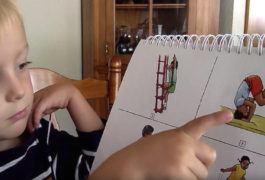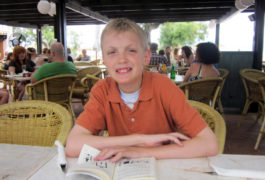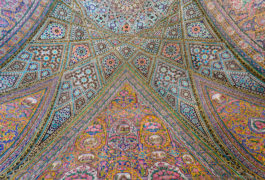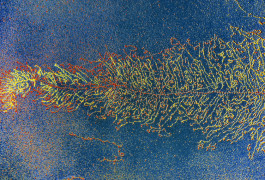Webinar: Michael Platt discusses monkey models for autism
Watch the complete replay of Michael Platt’s webinar discussing monkey models for autism.

Watch the complete replay of Michael Platt’s webinar discussing monkey models for autism.
Researchers captured networks of neurons lighting up in a small aquatic animal, facial recognition software can flag genetic conditions, and a Muppet with autism makes her debut on “Sesame Street.”

A picture-based test is a fast and flexible way to assess intelligence in large studies of people with autism.

Asking participants in genetic databases about their family’s medical history can help researchers uncover genetic variants tied to conditions such as autism.

More than 80 percent of people with Sotos syndrome show signs of autism, such as social anxiety and restricted interests.

Watch the complete replay of Ilina Singh’s webinar, in which she discussed ethical issues related to early intervention for autism at different developmental stages.

A type of mutation long thought to be harmless has turned out to play an unexpected role in autism.

An inexpensive new set of tests allows researchers to rapidly analyze the genetic glitch underlying fragile X syndrome.
A new study casts doubt on the ‘extreme male brain’ theory of autism, Americans are worried about gene editing, and a Pasteur Institute clash raises questions about scientists’ age.

A new version of the gene-editing tool CRISPR can target and cut RNA, offering a way to tinker with the expression of autism genes.